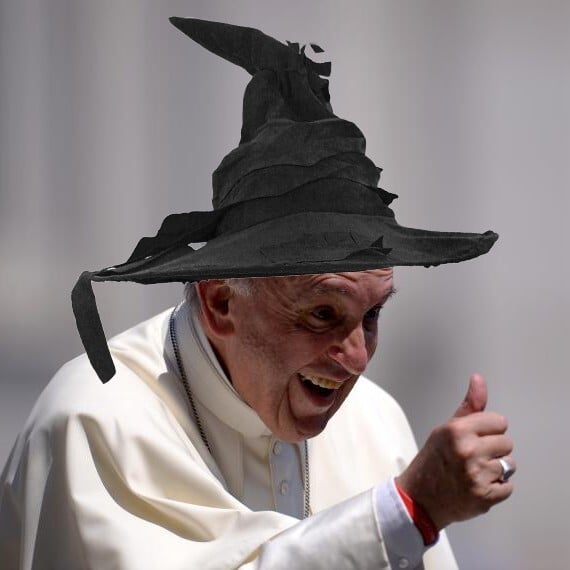At this time of year, at this time of the day, in this part of the country? Localized entirely within your kitchen?!
I will absolutely never not hear Principal Skinner whenever I hear or read the words “Aurora borealis”.
Yes!?
May I see it?
no
Seymour! The house is on fire!
No Mother, that’s just the Northern Lights!
So little text and still wrong. Why not at least read about it in Wikipedia? Or ask GPT?
Could you correct it for us mere mortals without in-depth aurora knowledge?
Sure. Red: It is the lower concentration of oxygen but also/mostly the lower overall pressure (lower number of partciles per volume). Only with lower pressure can there be fewer collisions and thus the exited state is not quenched.
Green: Any interaction of a random atom and the exited oxygen atom, that would otherwise emit red light, quenches the red light emission. Thus the faster green transition can take over.
Of course there had to be a persistent marine layer in my night skies these past few days. It’s probably going to go away the day after the auroras do.
This is nice to know!






